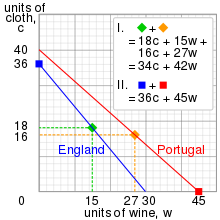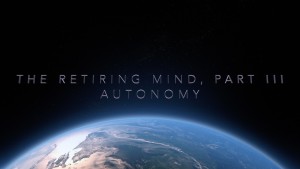 I recently discovered the YouTube videos of Paulogia. He’s a former Christian who likes to take on young Earth creationists, apologists, and some historical issues related to the faith. I’m generally drawn to the latter since the other two categories seem a bit silly to me, but I liked his recent rebuttal of some apologist/philosopher arguments concerning the idea that ethics must be ontologically grounded in something. The argument is of the sort stoned high schoolers engage in—but certainly more carefully attended to—as I commented on the video.
I recently discovered the YouTube videos of Paulogia. He’s a former Christian who likes to take on young Earth creationists, apologists, and some historical issues related to the faith. I’m generally drawn to the latter since the other two categories seem a bit silly to me, but I liked his recent rebuttal of some apologist/philosopher arguments concerning the idea that ethics must be ontologically grounded in something. The argument is of the sort stoned high schoolers engage in—but certainly more carefully attended to—as I commented on the video.
So rather than pick on definitional minutiae, let’s take an expansive view of ethical reasoning and try to apply it to contemporary problems in society. For instance, while all societies have generally condemned murder in one way or another, how do we approach something like whether governmental control or regulation of environmental pollution and interaction is necessary or obligatory?
For the apologist/philosophers in the video, they seem to argue that scriptural claims places a grounding of ethics in a person’s “heart,” but then leave open how that gets translated into some kind of decision-making. At one point, one of the guys says he tends towards virtue ethics, while the other notes that some might see deontological ethics as the proper extension of that ontologically- and theistically-grounded impetus.
Let’s take a minimalist and observational approach to ethical behavior. We can perhaps tease out a few observations and then try to fit an explanatory theory onto that.
- Moral and ethical perspectives are and have been varied across people and time.
- There seems to be some central commonalities about interpersonal and group ideas about what is ethical and moral.
- Those commonalities have reflections in the natural world and among non-human species.








